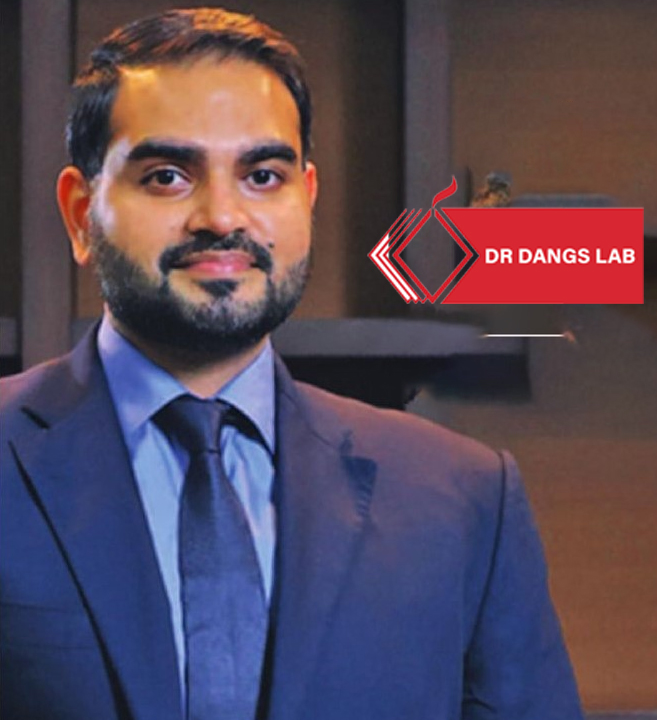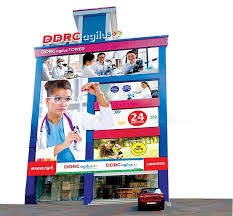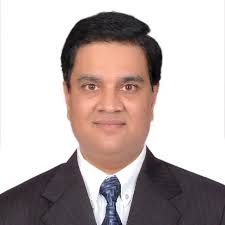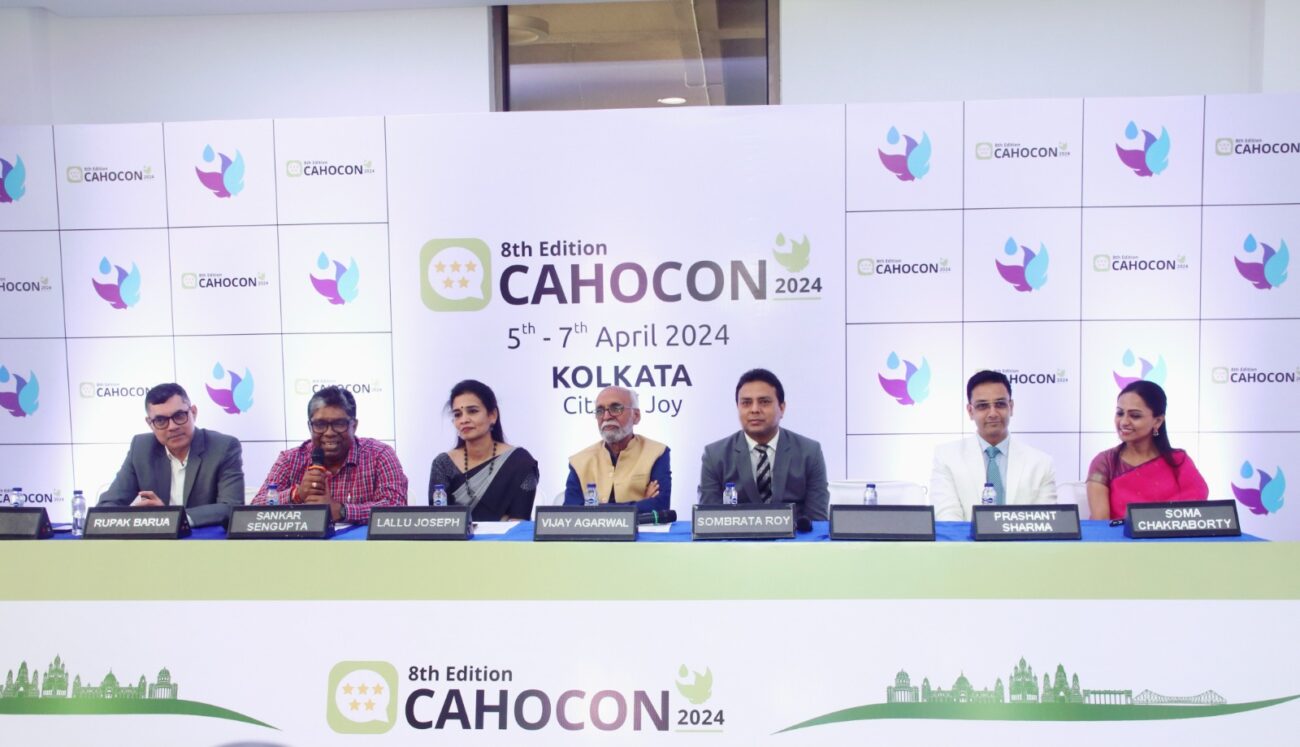FUTURE TRENDS IN DIAGNOSTICS IN INDIA: A JOURNEY TOWARDS PERSONALIZED CARE
DR. ARJUN DANG CEO, DR DANGS LAB In the rapidly evolving landscape of healthcare, diagnostics plays a pivotal role. It serves as the foundation for disease prevention, timely intervention, and effective treatment. The lessons from the

DR. ARJUN DANG CEO, DR DANGS LAB
In the rapidly evolving landscape of healthcare, diagnostics plays a pivotal role. It serves as the foundation for disease prevention, timely intervention, and effective treatment. The lessons from the pandemic, combined with increasing healthcare awareness has shifted the focus of diagnostics towards health promotion and personalized diagnostic care, a paradigm that tailors diagnostic strategies to achieve individual health profiles based on individual needs and uniqueness. This article explores the future trends of diagnostics in India.
Technology as a gamechanger
The advent of Point-ofCare (POC) technologies has revolutionized diagnostics, enabling rapid, precise testing at the patient’s location. These portable, user-friendly devices integrate artificial intelligence, facilitating quicker diagnostics and personalized treatments. POC technologies are particularly beneficial in urgent care scenarios, reducing turnaround times and enabling faster interventions.
The integration of wearable technology is another transformative trend. Wearable devices offer seamless connectivity, AI-driven insights, and real-time health monitoring. Beyond fitness tracking, these wearable devices will enable proactive healthcare management, remote consultations, and personalized continuous health insights, revolutionizing overall well-being and medical care. This integration will not only offer a holistic view of a patient’s health but also aid in more informed diagnostic decisions.
Participatory & Collaborative Diagnostics
Integrated health collaborations promise holistic care, merging conventional and complementary therapies. These partnerships emphasize personalized care, prevention, and a continuum of comprehensive healthcare services. Advancing patient outcomes and wellness, they aim to elevate healthcare delivery through collaborative and patient-centric approaches. Patient is a part, a participant and the central point of this care. Diagnostic industry forms an integral part of this care continuum and is expected to take a major turn toward participatory and collaborative care in the future.
In the context there needs to be a pioneering work in participatory diagnostic care, subtly woven into the fabric of diagnostics. Democratization of diagnostics should involve patients actively participating in their diagnosis.
Dr. Dangs Lab has taken the first step towards participatory care with its Discover platform, designed to disrupt the conventional approach to diagnostics, allows users to curate a list of tests akin to a personalized test profile. It integrates technology with decades of medical expertise, offering a personalized healthcare experience unparalleled in India. This module is meticulously crafted to deliver a customized test package aligned with the patient’s unique health objectives. With the beginning been made, there needs to be more work in future towards ensuring participatory and collaborative care involving the patient.
Functional Medicine & Precision Oncology
Another important area of focus in the future seems to be functional medicine. In the future, championing functional medicine principles will focus on personalized care by addressing root causes of diseases. It will prioritize holistic wellness, patient engagement, and a shift toward preventive, individualized treatments. These advancements will harmonize conventional and complementary therapies, fostering better health outcomes and a more patientcentered healthcare approach.
Precision Oncology is another area of focus. It involves the use of genetic or molecular profiling to identify targeted therapies for individual patients. This approach allows for a more accurate diagnosis and treatment of cancer, leading to improved patient outcomes.
Conclusion
The future of diagnostics in India involves a proactive embrace of innovative technologies and methodologies. By integrating POC technologies, wearable tech, integrated health approaches, and functional medicine principles, aiming at elevating the diagnostic capabilities while contributing to personalized patient care, laboratory diagnostics is set to play a defining role in shaping the future of healthcare delivery. Through these concerted efforts setting new benchmarks in diagnostic excellence and patient-centric care, the diagnostic industry seems set to be a contributor to healthy India, thereby ensuring our nation remains at the forefront in the years to come.






